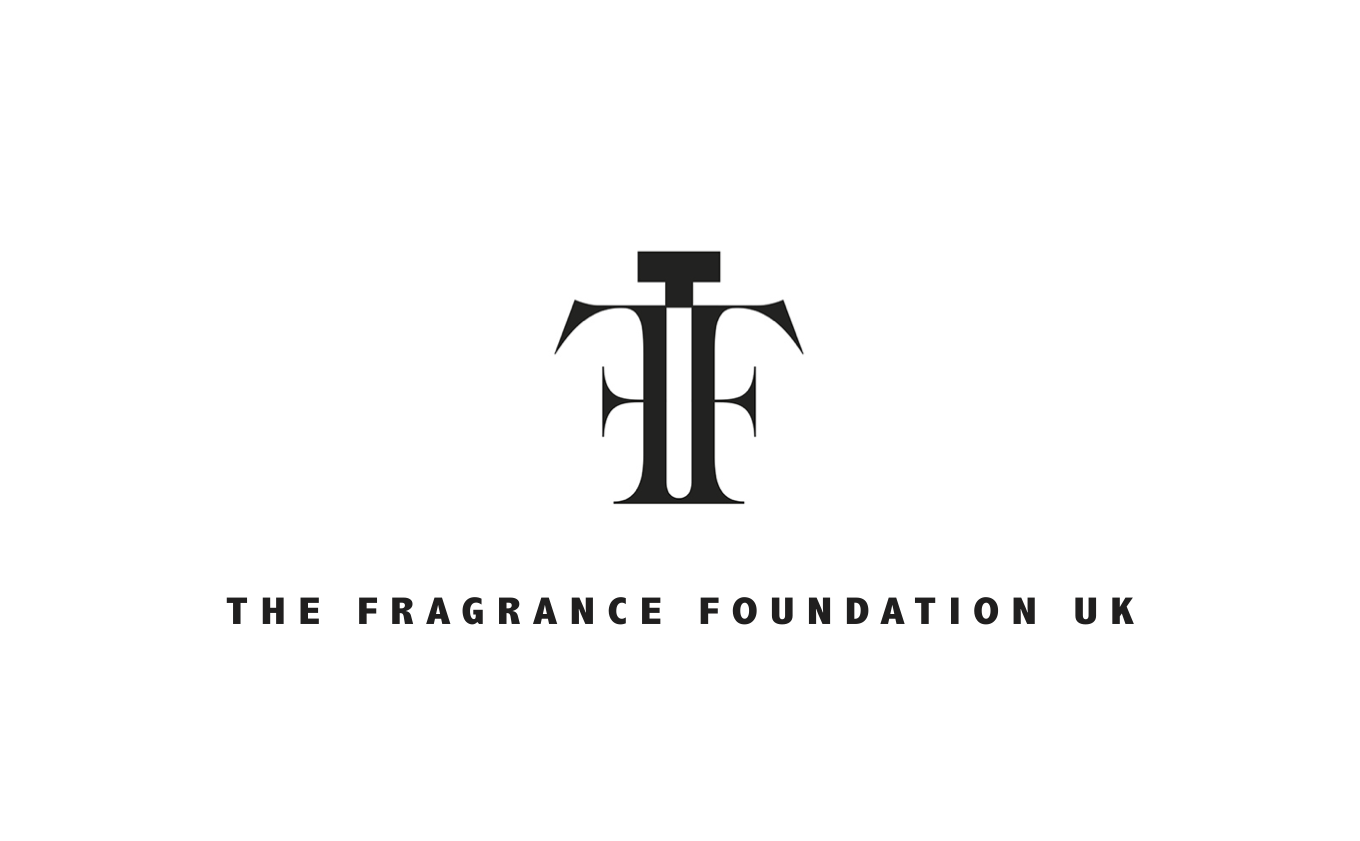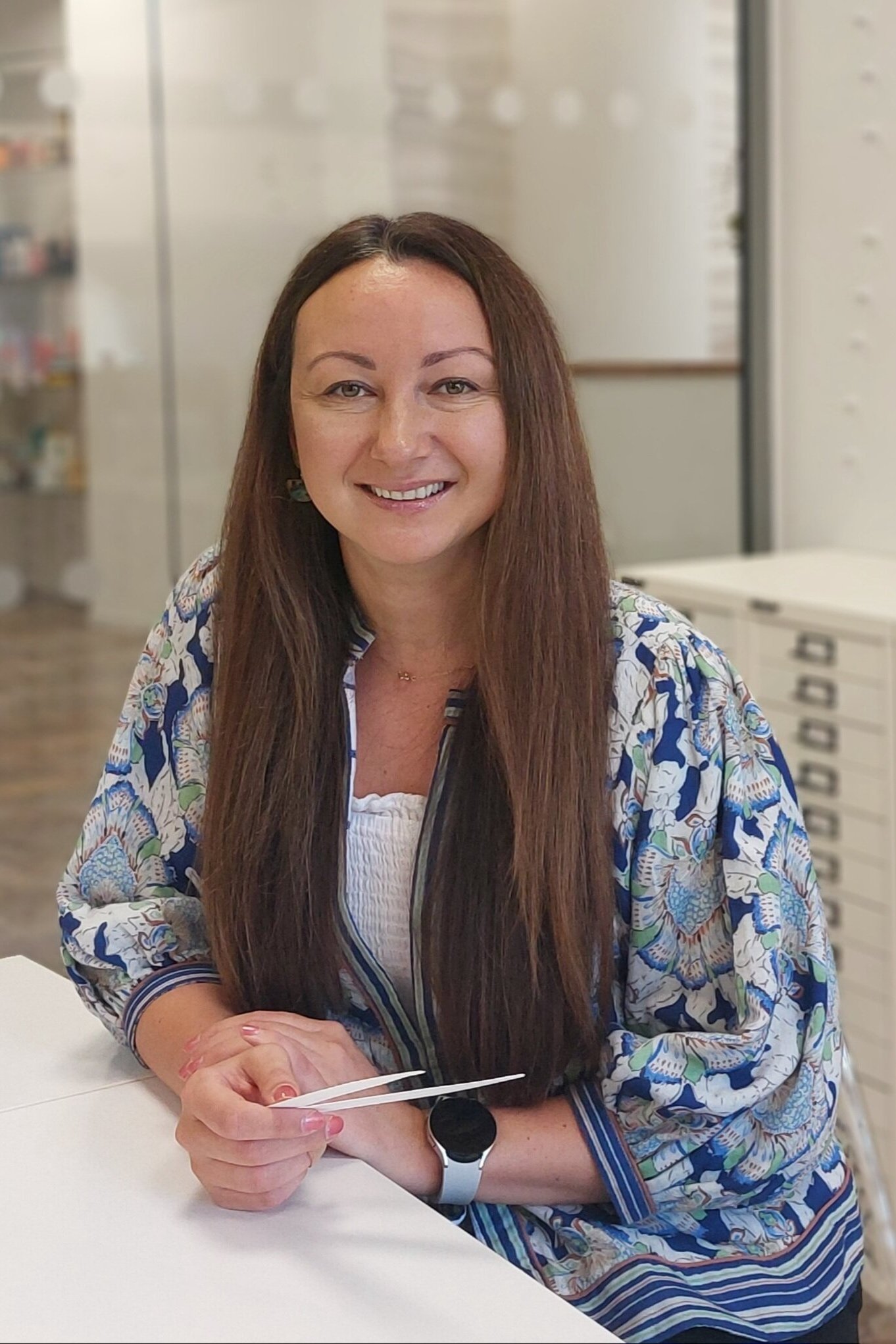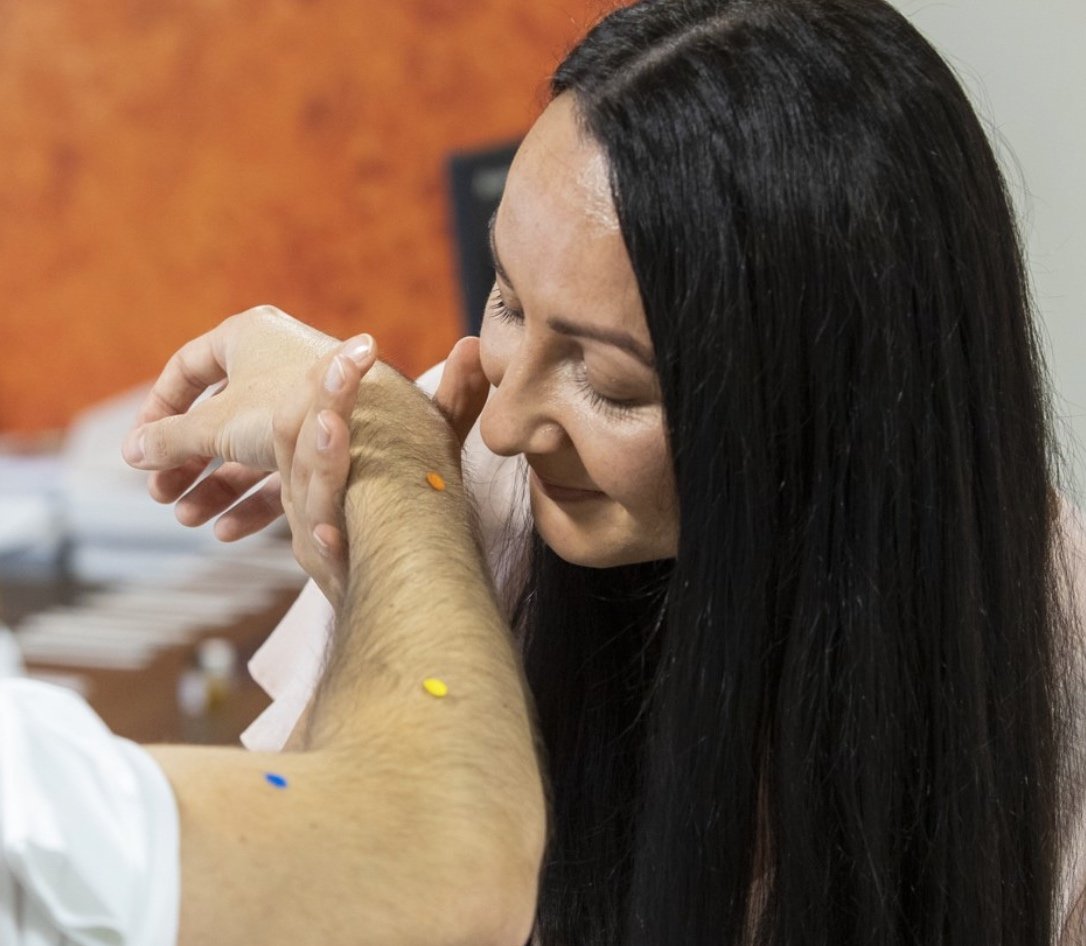Perfumer Focus: Kamila Lelakova, Perfumer at CPL Aromas
Kamila is a new generation perfumer, her perfumery background is a blend of classical training interwoven with varied multicultural experiences. In this interview we discover more about the perfumer with insight into education, process and thoughts on the future of fragrance.
How did you discover the power of scent, and when did you realise that you wanted to become a perfumer?
Growing up surrounded by a beautiful nature of green pine forests, mountains and endless golden fields of wheat and barley I have always been connected with the sense of smell; however I didn’t discover the fragrance industry until later on by accident. I was absolutely fascinated when I learned that perfumery is an actual profession. From early inspiration by Jeanne-Marie Faugier for her achievements, I remember the day when we were smelling some natural ingredients and she was explaining how she uses them in her creations and how they make her feel, I was fascinated by the beauty of Jeanne-Marie’s scent language and that’s when I realised I wanted to become a perfumer. I remember saying to her...”you make me dream” and almost 11 years later I feel very lucky to be able to follow this dream and passion.
Where did you first study and explore aromas and scents?
My perfumery training was done internally in a small fragrance house Aromatic Flavours & Fragrances (AFF UK - Acquired by CPL Aromas 4 years ago) I was trained by Senior Perfumers with different technical and creative backgrounds. My first year of training consisted of studying odour, composition and origin of natural & synthetic materials. Followed by creating accords before being trained on how to create fragrances across home fragrance, personal care, household and fine fragrance categories. Alongside my internal perfumery training, I have obtained a Diploma in Aroma Trades Studies (ICATS) at Plymouth University which enhanced my industry knowledge greatly.
As a perfumer, classical training is important, but what other experiences led you down the perfumer career path?
Apart from classical training it is also very important to explore creativity in other fields that will complement the perfumery such as traveling where we can soak up the inspirations from different cultures. Experiencing and exploring new ingredients and techniques is also crucial to keep evolving and learning.
What does your creative process look like?
The creative process varies for all projects, each one having its own challenges to overcome. Working on a brief can require special regulatory requirements, budgets, technical specifications, and different end uses of the product. At the start of any project, whether it is a brief or proactive, I always start by brainstorming ideas with evaluation and marketing, deciding the direction of fragrance. Once we have decided on an initial idea, we work on it to define the concept. My own creations start with imagination, using something that has inspired me. Once the odour direction and key notes have been decided I think about the name, this is important to me as it drives my creative process forward. The difficult part of any project is deciding when to stop, perfumers are like artists, we can keep adding different dimensions to the fragrance, like artists adding more tones and layers to their paintings. Every creation, either my own or following a client brief, being emotionally involved is always part of the process.
What role does culture play in your work and creativity?
In a culturally diverse world, there are still many elements of life that require our respect, reflecting individual cultures when creating scent. Perfume is an important representation of different cultures deeply rooted and personal. Every culture has endless inspiration for perfumers and learning about them provides us to broaden our horizons, recognise and value their connection to scent.
How have you found support in your fragrance career here in the UK?
The biggest support in my career have always been my mentors and colleagues. I have been attending events through BSP over the years which have been a big help in enhancing my knowledge. It would be great to see a perfumery school in the UK one day. Attending workshops, trade exhibitions and conferences provides insightful knowledge. Engaging with professional organizations such as IFRA can offer beneficial support in the fragrance career.
What are some fragrance trends that you would like to see in the future?
More and more consumers are becoming more environmentally conscious and demanding more transparency from fragrance products therefore I would like to see more green chemistry ingredients to be available for the perfumer’s palette.
What advice would you give to anyone wanting to join the industry and considering a career as a perfumer?
I would say never stop smelling. Keep smelling everything that catches your senses as you never know when the inspiration strikes. Be curious!
What is one of your scent memories?
I remember the day, like it was yesterday, when I tried my mum’s perfume, Trésor by Lancôme, for the very first time. I was about 12 years old. The perfume bottle was always so intriguing in the shape of an upside- down pyramid. The scent was so strong and overwhelming which I didn’t like back then but as years went by, I learnt to love the fragrance. Trésor has a huge personality for me with lots of different texture dimensions. The combination of rose and powdery heliotrope is my favourite part of the perfume. I imagine that’s how love and happiness smell.


